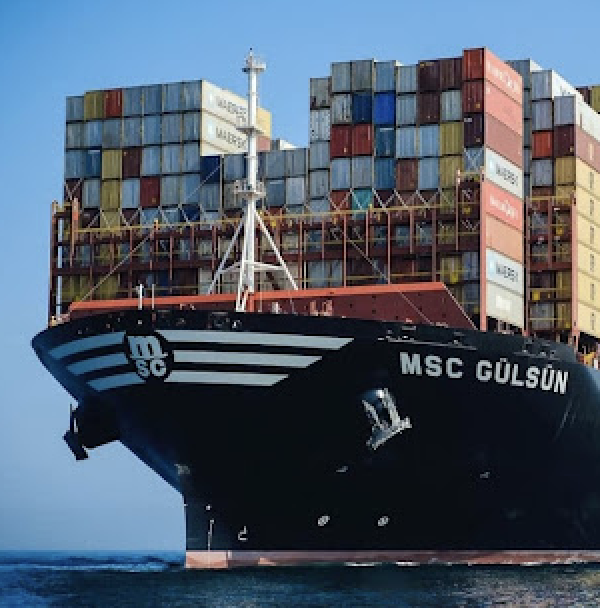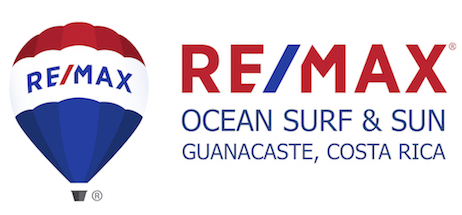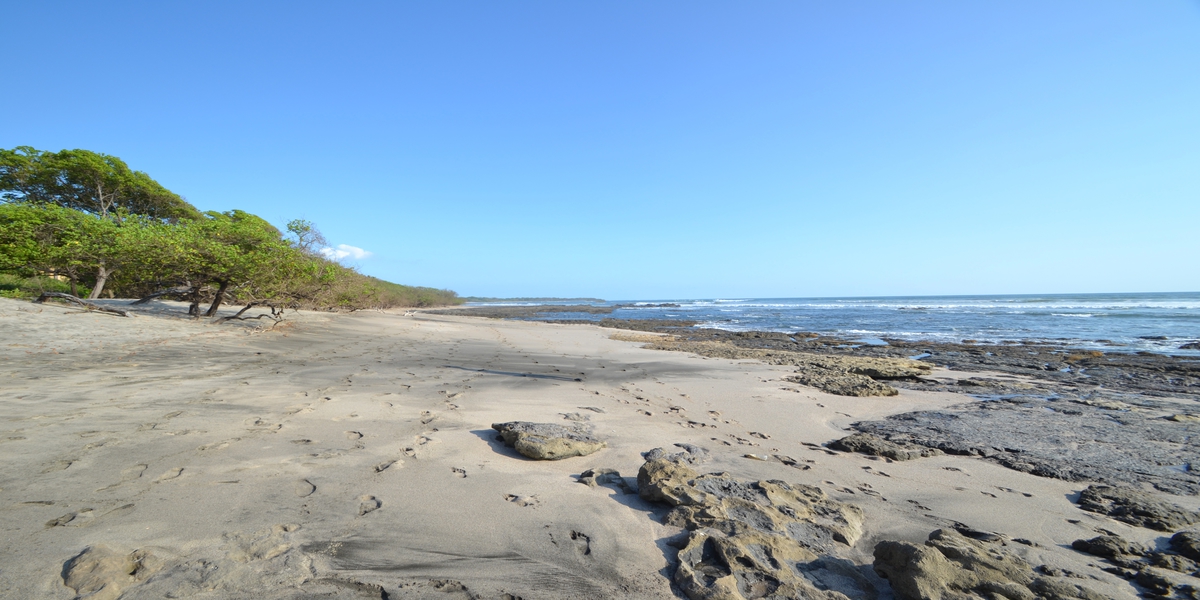What Should I Buy in Costa Rica, and What Should I Bring with Me?
 Are you excited about moving to Costa Rica? If so, you are probably anxious, too. One of the most commonly asked questions by those contemplating relocation is: What should I buy in Costa Rica, and what should I bring with me? Is it worth it to stuff my suitcases with goods, or should I buy in Costa Rica and travel lighter? The key factors to consider are: 1) what products are available in Costa Rica, 2) how does the cost compare with similar products in North America, and 3) taxes and limitations on imports.
Are you excited about moving to Costa Rica? If so, you are probably anxious, too. One of the most commonly asked questions by those contemplating relocation is: What should I buy in Costa Rica, and what should I bring with me? Is it worth it to stuff my suitcases with goods, or should I buy in Costa Rica and travel lighter? The key factors to consider are: 1) what products are available in Costa Rica, 2) how does the cost compare with similar products in North America, and 3) taxes and limitations on imports.
What Products Are Available in Costa Rica?
International retailers like Walmart and Pricesmart (the latter is similar to Costco or Sam’s Club) have stores throughout the country, including Guanacaste province. Appliances can be found there as well as in local appliance chains such as El Gollo and Casa Blanca. Well-known brands such as GE, Samsung, Whirlpool, Oster, Frigidaire are everywhere. Apple, Sony, and HP electronics are common. So, you don’t have to worry about how to fit a television or microwave oven in your baggage allowance. All such items are readily available although you will notice that the prices are higher. For example, the import duty on TVs is a whopping 49%, a cost that is added to the price tag. Therefore, it’s advisable to bring smaller electronics like laptop computers, tablets, and unlocked cell phones with you.
To reduce costs on household appliances, you could travel to Golfito, a port town in the southern Pacific region of Costa Rica. The drive from Tamarindo takes about 7 hours, but it could be worth it if you are buying a big-ticket appliance or multiple items. Why are things cheaper in Golfito? Because a duty-free zone was established there many years ago to bolster the struggling economy. Distributors there sell the same home appliances available elsewhere in the country but without the added import tax.

How about home goods: linens, lamps, dishware, etc.? Most of what you need or want is available in Costa Rica. Many household items can be found at affordable prices in Pequeno Mundo, a national chain with a store in Liberia, Guanacaste, and at the aforementioned Walmart and Pricesmart. Better quality home goods can be found in stores such as Cemaco and Aliss in the Central Valley. However, it’s hard to find the same premium linens that you can in the USA or Canada. If high-thread-count cotton sheets or fluffy, thirsty all-cotton towels are important to you, try to find room in your luggage. They don’t weigh much, they’re easy to pack, and you’ll be glad to have them. To check availability and compare prices, review these websites.
Can I find the toiletries, vitamins, and medications I need? Local pharmacies carry a wide variety of products. Some medications that require a prescription in North America are available over-the-counter in Costa Rica. Dietary supplements are sold in GNC, which has a store in Liberia, as well as locally-owned shops called “macrobioticas”. As a result, most of your health and personal care needs can be filled in Costa Rica. However, if you need a specific medication—for example, a brand that works better for you—it is wise to bring it with you. These websites will let you know what’s available.
Will I Be Taxed for the Items I Bring to Costa Rica?
In most cases, the items that you bring in your luggage for personal use are not taxed. The key phrase is “for personal use”. For example, if you have one laptop computer in your bags, the customs official will know that it’s for personal use. On the other hand, if you have several laptops in your luggage, and especially if they are in their original packaging, customs will assume that you are planning to resell them and will tax you accordingly. In any case, the first $500 worth of merchandise for personal use is exempt from import duty. If this benefit, called “bonificacion”, is applied, the officer will stamp your passport. You are allowed one $500 exemption every six months. But it’s not often that customs even asks you to open your bags. In the rare event that import duty is levied, the tax rates for most items are between 13% and 49%.
Conclusion
So what’s the bottom line? Is there a definitive winner in the buying vs. bringing battle? The answer depends on your circumstances. It’s better to bring expensive, hard-to-find items with you, especially if they are small and easy to pack. But for everything else, seize the opportunity for a fresh start by buying new to start your life in Costa Rica.






